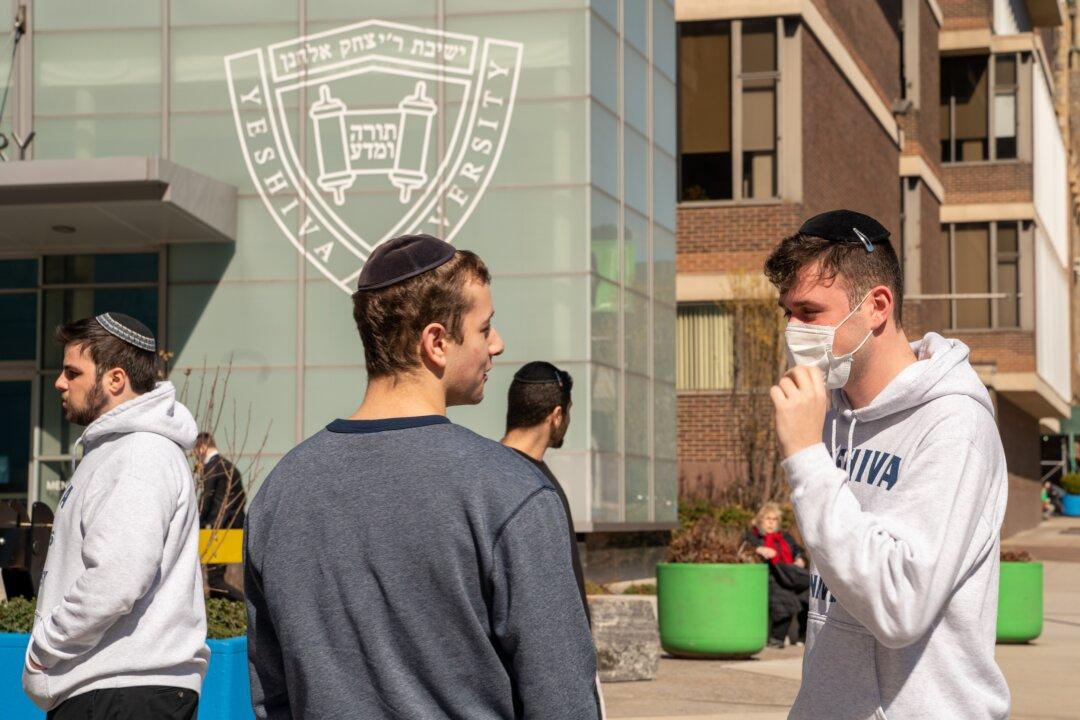New York City-based Yeshiva University filed an emergency application with the U.S. Supreme Court on Aug. 29 asking the court to stay a lower court order forcing it to recognize an LGBT student club.
The application comes as the high court has become increasingly protective of constitutionally protected religious rights in recent years.





